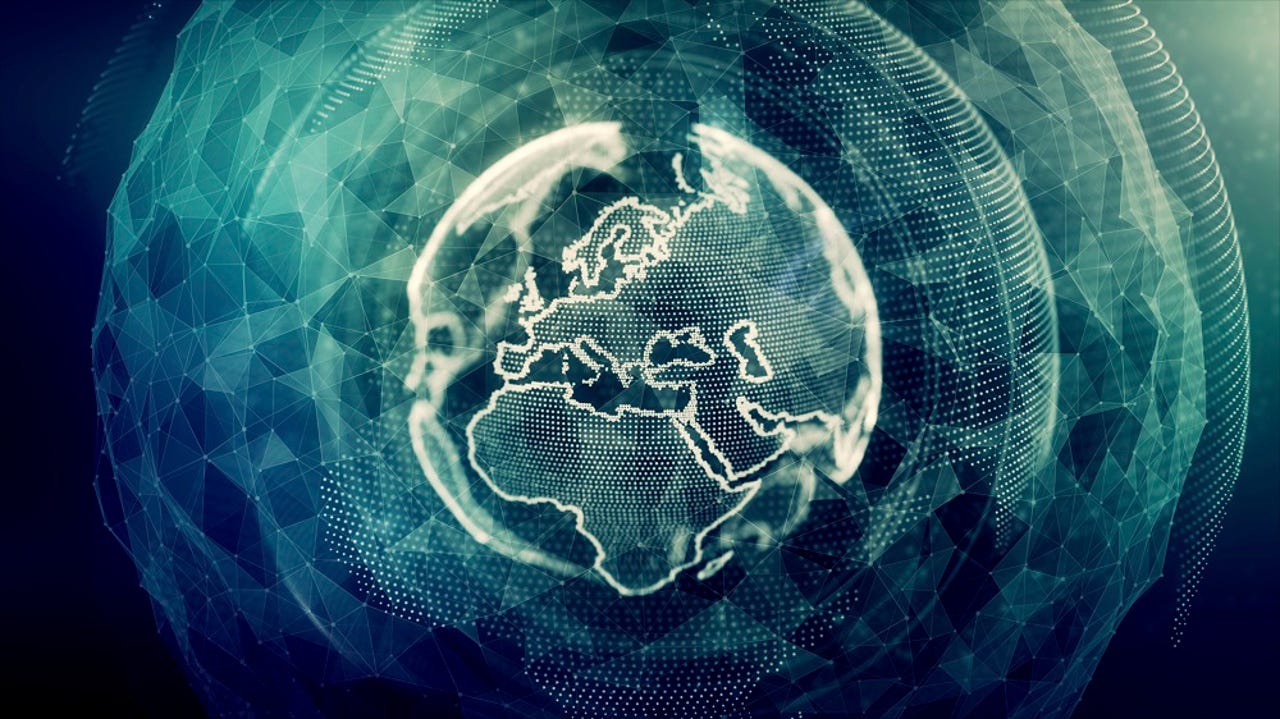The web is 25. What will it be like when it's 50?


I've been using the Internet long before there was a Web, but everything changed after the Web came online.
In 1991, most of us were using PCs at work and many of us had home PCs. But we only used local programs. Email was pretty much the only network program we used and even that only worked well over local networks. Using e-mail over the Internet required expert knowledge of e-mail addressing and e-mail gateways.
Thanks to broadband, web browsers, and the cloud, we now do everything over the Internet. With Chromebooks, Google has shown us that we don't need local programs at all. It's not just Google, a company born of the Web. Microsoft, which made its billions from the standalone PC, is now moving its fortunes to cloud-based applications such as Office 365.
Today, our friends and office mates are scattered around the globe, but they're only a keystroke away on social networks, VoIP, or videoconferencing. Unless you're working at Yahoo, you can pretty much work anywhere in the world.
Thanks to the rise of smartphones and tablets, we're no longer even tied to desktops or laptops. So long as you have power and Wi-Fi, there's nowhere you can't work or play. And, it all goes back to the Web.
We know where we've been, but where is the Web taking us to? I dealt my hand of tarot cards and this is where I foresee the Web going for its 50th birthday in 2040.
First, the current trends are going to keep going. Almost all software will move to the cloud and our link to it will be the Web's universal protocol: an updated, more efficient version of HTTP. What will change, however, is the interface. There will still be web browsers, but only techies will be aware of them.
For everyone else, the "web" will be the invisible glue we use with our apps. Those apps will look and work the same no matter what platform we're using.
Those "platforms" will still include PCs, smartphones, and tablets, but all of those will be on their way out. Instead, we'll use smartglasses, smart contact lens, and other human embedded technologies.
Cyborgs won't be science-fiction; they'll be us.
I may be "typing" in thin air with my embedded fingertip devices. Or, simply speaking into thin air to "write" to my grandson William who will then read the message off his contacts or the heads-up display of his smart car. Heck, who knows, maybe I'll be thinking my messages to him with electronic-aided telepathy.
That last idea isn't science-fiction by the way. With Brain-To-Text, we're getting closer to useful "mind-reading."
That's the good news. Now for the bad news.
If we allow net neutrality to fall, we may have a fragmented Internet. You may only be able to view what Verizon-Fox shows you, while your brother only sees an AT&T-MS-NBC view of the net. If that's the case, we'll be using a version of the web that's crippled compared to today's web.
We may also see cyber-wars. Actually, we've already had them between Russia and the Ukraine and some think we're already in a cold cyber war with China. If those wars expand, or grow hot, forget everything I said about cyborgs. No one will dare expose their very minds to military hackers.
Last, but far from least, we may well be a world of digital haves and have-nots. I'll be using 10-Gigabit Ethernet to my home in 20 years, but if a neighbor five miles away is stuck with megabits per second, we're looking at a world in trouble.
Those of us with ultra-high-speed broadband won't just have immersive 3D virtual worlds to play in a hand wave away, we'll have the economy at our beck and call. That won't be stable.
If you think things are bad now with the the 1 percent gettting a 200 percent raise since 1979 with the gap with everybody else widening, just wait until William's generation have kids if we don't bridge that gap.
Personally, I still hope that the continued rise of the ubiquitous Internet and web will bridge the gap, will help make peace, and that the Internet will be an open haven for free speech. That's idealistic of me. Most of the early web pioneers and dreamers were idealists too. They didn't see imagine the web as it is today. Still, the potential for a much better world is there, and I hope we see it.
Related Stories:
- 25 Years: How the Web began
- Why the next World War will be a cyberwar first, and a shooting war second
- Happy birthday, Mosaic: 20 years of the graphical web browser